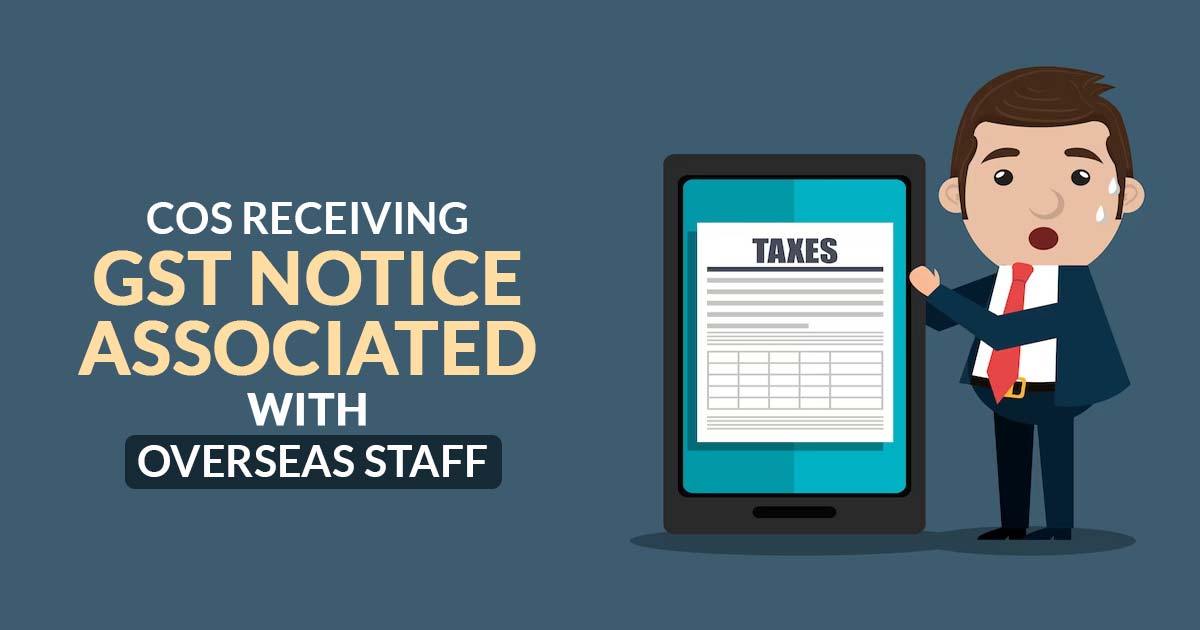
In recent weeks, Indian companies have received a surge of GST demand notices pertaining to situations where foreign employees have been assigned to work in India.
This development stems from a landmark Supreme Court ruling that stipulates that the salaries of such “seconded employees” sent to Indian companies, which are reimbursed to the overseas entity, will now be subject to service tax. The Supreme Court’s decision on May 19, 2022, in the case of Northern Operating Systems, has unleashed a cascade of implications within the domain of GST.
This scenario primarily unfolded as the window for assessing cases related to the financial year 2017-18 came to a close in September. In the interim, companies that have received these notices are diligently scrutinizing the specifics of their cases to chart the most prudent course of action.
An in-house tax expert based in Bengaluru, affiliated with an engineering company, pointed out that the Supreme Court’s ruling did not explicitly specify retrospective application. It is a common practice for employees to be assigned from the overseas headquarters or other international group entities to the Indian subsidiary or affiliated company.
Important: Companies Receive SCN for Prosecution After Making Late Deposits of TDS with a Penalty
While these assigned employees work under the direction of the Indian company, their employment contracts still remain with the overseas company to ensure the continuity of their social security benefits. The Indian company reimburses the overseas entity for the salaries of these assigned employees on an actual basis.
Northern Operating Systems, for instance, provided specific back-office services to its international affiliates. Whenever necessary, managerial and technical staff were seconded to it by the overseas group entities for a predetermined period.
Read Also: Businesses Facing Difficulties with Notice from Different States
These employees continued to be on the payroll of their original employer, receiving their salaries and social security benefits from their respective overseas entities. However, the overseas entity invoiced the Indian company (the transferee) for these amounts without any markup.
Companies that have received these GST notices should carefully scrutinize the particulars of their individual cases. In the instance of Northern Operating Systems, the complete salaries of overseas employees were disbursed by the Indian entity to the overseas counterpart, and the terms of employment adhered to the overseas employer’s policy.
However, if the circumstances vary—for instance, if the Indian company directly employs overseas personnel or if only social security expenses are reimbursed, while the overseas individuals are effectively employed by the Indian company—it might be plausible to contend that the Supreme Court’s decision does not apply.